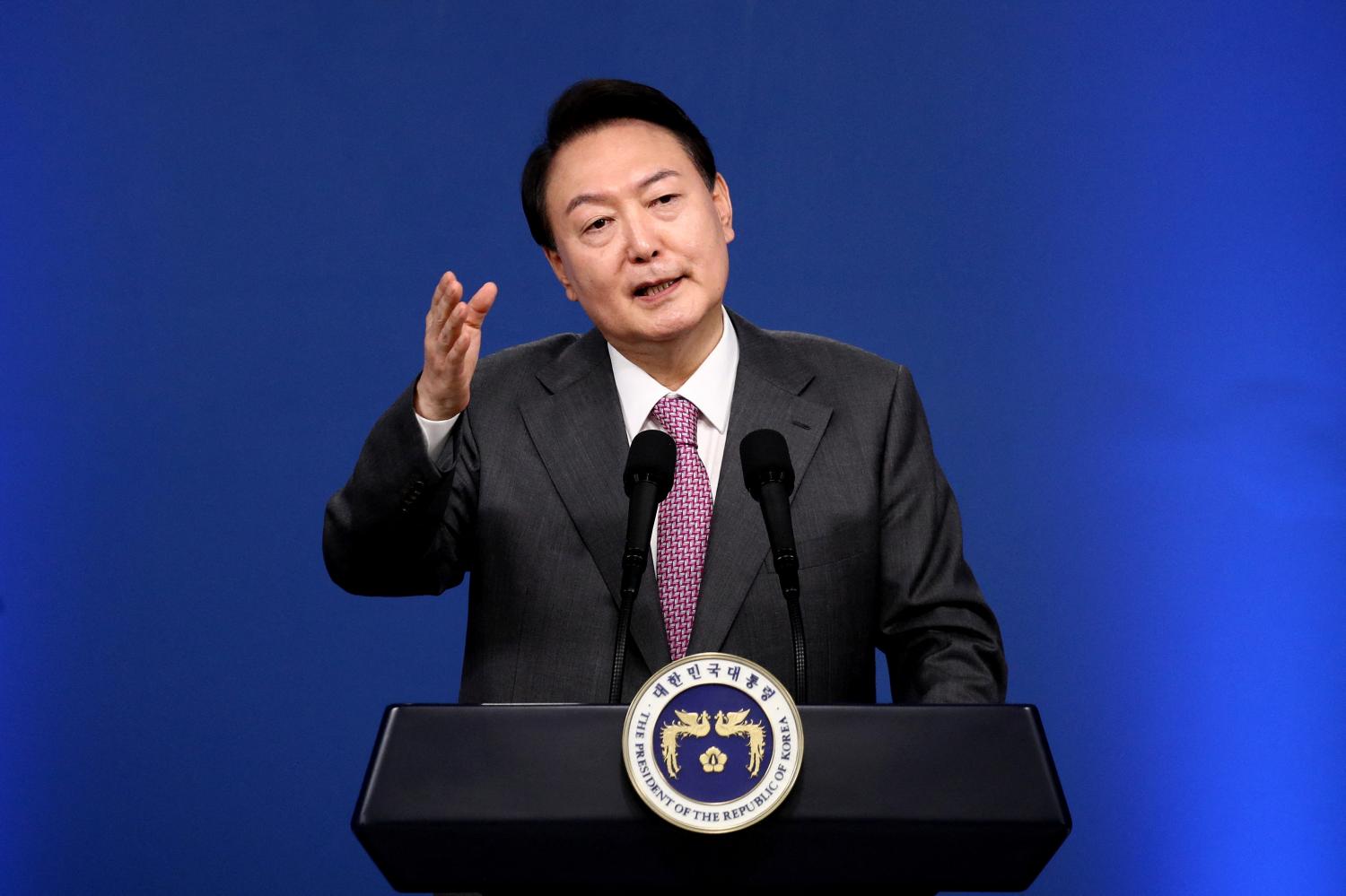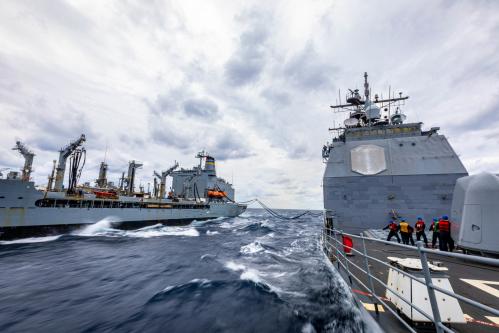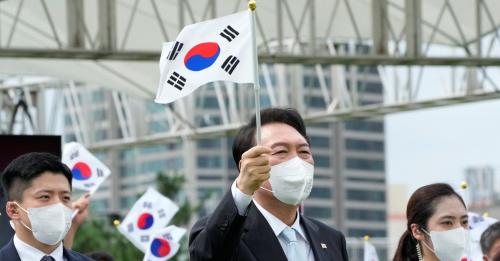Executive summary
Under President Yoon Suk Yeol, the South Korean government aims to release its own Indo-Pacific strategy by the end of 2022. Nevertheless, doubts still linger as to whether South Korea can play a larger strategic role beyond the Korean Peninsula, and cooperate with like-minded actors to strengthen the region’s security architecture. This policy brief describes the evolution of South Korea’s foreign policy role in the Indo-Pacific between former South Korean President Moon Jae-in’s government (2017-2022) and the first year of the Yoon administration (2022-present). It also draws attention to the perspective of other regional actors, which to date have viewed South Korea as an important economic partner, but not necessarily a key strategic player in the region.
The first section provides greater context behind South Korea’s oft-perceived hedging behavior between the United State and China. It unpacks how South Korea’s dependence on the U.S. alliance, its desire for global recognition, and its long-term goal of greater foreign policy autonomy have at times clashed, resulting in strategic ambivalence on foreign policy issues that extend beyond Northeast Asia. The second section demonstrates perceptions of South Korean strategic ambivalence in the Indo-Pacific among U.S. allies in Asia. U.S. allies and partners including Japan, Australia, and the Association of Southeast Asian Nations (ASEAN) see South Korea’s role in the Indo-Pacific as somewhat peripheral. The third section describes the Yoon government’s recent efforts to reorient its foreign policy in line with other U.S. allies to play a greater regional and global strategic role. It emphasizes the need to develop a strategy that directly advances South Korea’s national interest, while explaining how South Korea’s geopolitical interests align with the United States and other like-minded partners. The policy brief concludes by highlighting the political opportunities and risks facing the Yoon government in implementing an Indo-Pacific strategy.
-
Acknowledgements and disclosures
The author wishes to thank participants at the Korean Association of International Studies Conference, and especially Kuyoun Chung, Sarah Teo, Kei Koga, and Jiye Kim for their contributions to the project on South Korea’s Role in the Indo-Pacific Order and Implications for Regional Coalition Building made possible by the Korea Foundation. The author also acknowledges research and administrative support from Jennifer Mason and Hanna Foreman, and Alexandra Dimsdale and Rachel Slattery for editing and layout.





